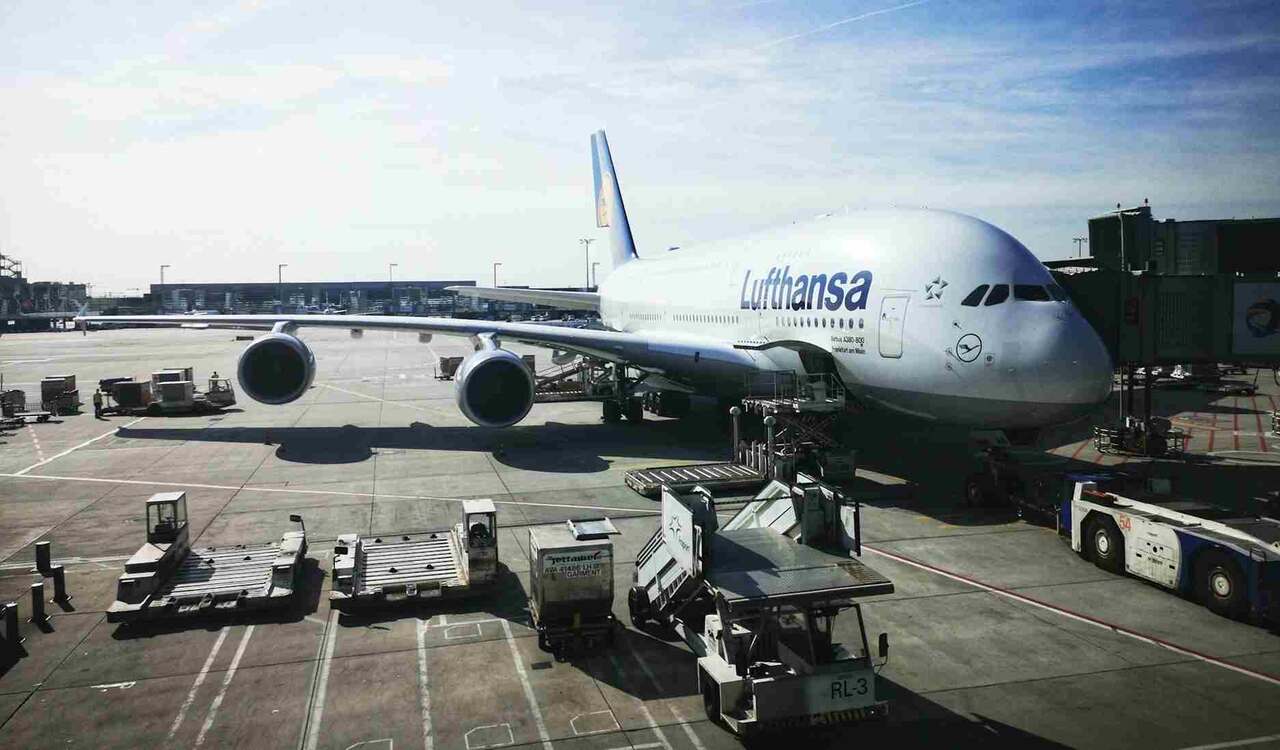
Introduction
Ground handling services play a crucial role in the aviation industry, ensuring the smooth operation and management of aircraft on the ground. From passenger services to cargo handling, the efficiency of ground handling services directly affects flight schedules, passenger experiences, and the overall operational success of airlines and airports. This article comprehensively explores the functions, significance, and evolving landscape of ground handling services providers.
What Are Ground Handling Services?
Ground handling services encompass a wide range of activities that occur when an aircraft is on the ground, including:
- Passenger Services: This includes check-in, boarding, baggage handling, and customer service assistance. Effective passenger handling is key to a positive travel experience.
- Baggage Handling: This involves the timely transfer of passenger luggage from check-in areas to aircraft and vice versa, as well as lost baggage services.
- Aircraft Services: This covers ramp services such as aircraft towing, loading and unloading cargo and baggage, refueling, and cleaning the aircraft.
- Cargo Services: Handling freight operations, these services involve the management of ground operations for cargo, including loading, unloading, and storage of goods.
- Maintenance Services: Some ground handling providers also oversee basic maintenance checks, ensuring aircraft are in top condition for their next flight.
- Security Services: These include passenger and baggage screening, ensuring compliance with aviation regulations to maintain safety on the ground.
The Importance of Ground Handling Services
Ground handling services are integral to the aviation industry’s ecosystem. Their importance can be summarized in several key points:
1. Operational Efficiency
Timely and effective ground handling processes minimize aircraft turnaround time, enabling airlines to maintain schedules and increase flight frequency. Efficiency in ground handling can significantly reduce delays and operational costs.
2. Enhanced Passenger Experience
Quality ground handling services directly influence passenger satisfaction. Friendly service, efficient baggage handling, and organized boarding processes contribute to a seamless travel experience.
3. Safety and Security
A robust ground handling operation ensures that all safety protocols are followed, which is vital given the critical nature of the aviation industry. This includes maintaining security through thorough checks and compliance with international standards.
4. Support for Airlines and Airports
Ground handling services provide logistical support to both airlines and airports. They free up airlines from having to manage ground operations directly, allowing them to focus on core activities like sales and flight operations.
5. Cost-Effective Solutions
Outsourcing ground handling services can serve as a cost-saving measure for airlines. By utilizing specialized providers, airlines can leverage economies of scale and minimize expenses related to staffing and training.
Trends Shaping Ground Handling Services
As the aviation industry evolves, so do the demands on ground handling services providers. Some notable trends include:
1. Automation and Technology Integration
The incorporation of technology is revolutionizing ground handling services. Automated check-in kiosks, real-time baggage tracking, and digital platform integrations enhance operational efficiency and improve customer service.
2. Sustainability Initiatives
With a growing emphasis on environmental sustainability, ground handling services are exploring eco-friendly practices. This includes adopting electric ground support equipment and implementing waste reduction strategies at airports.
3. Enhanced Training Programs
As customer expectations rise, there is an increased focus on training and development for ground staff. Enhanced training programs emphasize soft skills, safety protocols, and customer service to ensure a well-rounded and competent workforce.
4. Increasing Demand for Specialized Services
The rise of niche airlines and cargo services has led to an increased demand for specialized ground handling services. Providers are adapting to meet the unique needs of low-cost carriers and freight operations, facilitating a diverse range of aviation services.
Conclusion
Ground Handling Services Providers are an essential backbone of the aviation industry. They ensure the seamless operation of aircraft on the ground, contributing to the overall efficiency, safety, and passenger experience of air travel. As the industry continues to evolve, the role of these providers becomes ever more significant, driven by advancements in technology, sustainability initiatives, and changing market demands. Investing in effective ground handling services is no longer just an option for airlines and airports; it is a necessity for thriving in today’s competitive aviation landscape.
Located : United Kindgom, United Arab Emirates